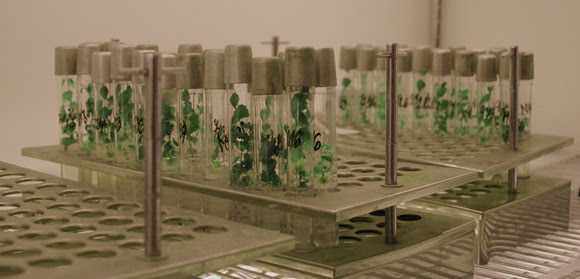I thought the new month would have made a big difference. But a couple of twelve hour days in hard black shoes and a snow squall meeting me as I got off the bus that finally made it through rerouted traffic and, well… well… well, at least it ain’t February any more. Let’s see what is going on!
First, there was much fretting in Engerlant over the shadowy Portman Group issuing an edict against a beer label. Now, I’ve beer posting about the shadowy Portman Group’s edicts since at least 2008 so I don’t really care that much now. But the fretting of others was remarkable. SIBA objected to the lack of much due process. The BBC covered it like it was an actual news story. Martyn wrote: “Running with Sceptres is not the ditch to die in over the Portman Group and its bans…” and then wrote more. Folk were cloyingly superior, spitting angry and even spent all the rent money. Pete went all Pete and shouted from the barricades that we need to “…check out the beautiful, sometimes strangely moving, artwork.” See, that is my issue. To me, that label on the can looks like panels stolen from a 1950s Rupert the Bear book. And me, I don’t buy beer for the artwork and especially not Rupert the Bear rip-offs. In fact, if the art is too good, I assume they are cutting corners on the actual brewing resources. The money can only be spent once after all. Watch yourselves out there.
In another chapter of the tale how craft goes bad, we learned that Goose Island tri-packs with bottles of 2017, 2018 and 2019 Bourbon County stout have been marked down in the US Midwest to about 20% of their original inflated price. Imagine how many casks of the 2020 and even 2021 are sitting there in brewery warehouses… err… cellars with operating managers knowing how little it is really worth now. With such bad value, maybe they will be candidates for that #FlagshipFlotsam* thing one day.
In yet another sign of craft’s collapse, I had originally thought that this was a parody post from Ben, the tale of a overly-branded vegan brewery in Toronto shutting:
It’s like gentrification on human growth hormones, delivered by “The 5700,” a company that “manages a growing portfolio of lifestyle and entertainment brands that live online.” Now excuse me while I clean up the rage-induced blood-vomit typing that phrase has induced. Vegandale Brewery, which seemed to actually just be a coat of paint and a new name for the main floor of the existing Duggan’s Brewery, who officially moved to the basement of the location six months ago, wasn’t helping the image of veganism. Vegandale Brewery launched with the slogan “Morality on tap” and poured beers like Morally Superior IPA and Shining Example Stout. Yikes.
One last bit of endtimesy-wimsey news from CNY:
The Gordon Biersch Restaurant Brewery in Destiny USA closed today, joining a growing list of locations the national chain has been shutting down across the country. The brewpub — a restaurant with an attached brewhouse — opened in the Syracuse mall in 2012 and occupied a space on the first level, near the Hiawatha Street entrance.
I went there once as the family shopped out in the unending megamall for transitory branded objects. I came away with no actual recollections of the experience. Apparently, I was not alone… or at least not as alone as the bartenders were.
More in line with the “get in line” section of the news, I was glad to see this bit of law enforcement in Ontario’s news this week:
Jason Fach, 38, pleaded guilty to impaired driving causing death in December. An agreed statement of facts says that he had had four 20 oz. beers in a little more than an hour at St. Louis Bar and Grill the night of the crash. Fach has been sentenced to six years in prison. On Feb. 28, police announced that they had charged the restaurant, its owners and two staff members. The charges include selling liquor to an intoxicated person, permit drunkenness on licensed premises and failing to facilitate inspection. Under Ontario law, an establishment and its ownership can be held responsible for overserving someone.
The liability of a licensed establishment is distinct from social host liability in which responsibility is much reduced here in the land of the maple and the moose.
On another sort of establishment in another land, Retired Martin posted a lovely photo essay, a snippet of one of which sits above, on a very specific topic this week:
“Should it be open ?” I asked the chattiest of the group, all of whom had OS maps in plastic wallets round their necks. “Oh yes, I phoned them up before we set off. They SAID they’d be open”. Hmmm.
Even more elsewhere, it was Icelandic Beer Day last Sunday.
A nice posi-post of a piece on a lager was sent out via the internets by Pellicle this week:
Thankfully, there was Keller Pils, a lemon-bitter pale lager from Bristol brewery Lost and Grounded. The first barely touched the sides: one gulp, two gulps, three gulps, gone. The second, golden and glistening with condensation in a Willi Becher—a classic straight German glass that tapers elegantly towards the top—took longer. It was crisp but rich, toasty and bitter, direct and deeply rewarding.
One problem with these sorts of nice posi-posts is how they remind you of other positive experience unrelated to the subject matter. I can think of fifty other beers that have happily let to “one gulp, two gulps, three gulps, gone” which is not, I suspect, the point of writing about a particular thing. I did notice the pretty can, however. And this rather honest comment from a co-owner of the brewery:
“It’s like a Rubik’s cube, you know?” Alex says. “It’s about the branding. It’s the communications. It’s the quality of the product. It’s about people out on the road talking about it. It’s about how you work with the wholesalers … it’s all sorts of everything.”
And speaking of nothing in particular, here’s an interesting bit of spam by email:
I am the marketing director for Jolly Pumpkin Artisan Ales. As you may know, Jolly Pumpkin is an all wild, oak-aged brewery. We are announcing the launch of a new canning line for our wild ales and thought that your readers might be interested in the news. The first beers off the line will be year-round favorites, Bam Bière and Calabaza Blanca. We will also be canning Hyrrokkin, the first release of a new fruited seasonal saison series.
Jolly Pumpkin in a can! Long term readers will recall when I spent a happy late afternoon in the company of owner/brewer Ron J back in 2007 when beer bloggers were still unique enough to not have the parking lot lights turned off and all the doors locked when one showed up to check out a brewery. Now they sell the stuff in a can. Pretty cans. Life comes at you quickly.
Speaking of the most fabulous thing I heard related to the drinks trade this week…
The bartender at the Radisson Kingswood Hotel in Hanwell, near Fredericton, helped deliver a baby in a snowstorm on Thursday night. Storey said she got the call when she was closing down the bar for the night. “The person who works the front desk, Nick, comes over and says, ‘There’s someone having a baby in our lobby,'” said Storey. “At first I thought he was kidding.”
That’s enough. Once a child is born we have hit peak beer news for the week. And remember, if you want more beer news, check out Boak and Bailey most Saturdays, plus more at the OCBG Podcast on Tuesdays and sometimes on a Friday posts at The Fizz as well. And sign up for Katie’s weekly newsletter, too. There’s the AfroBeerChick podcast now as well! Plus the venerable Full Pint podcast. And Fermentation Radio with Emma Inch. Check them out. They are like blogs but with people speaking and saying “umm” a lot instead.
*…which is still really better than #JetsamJanuary if you think about it.




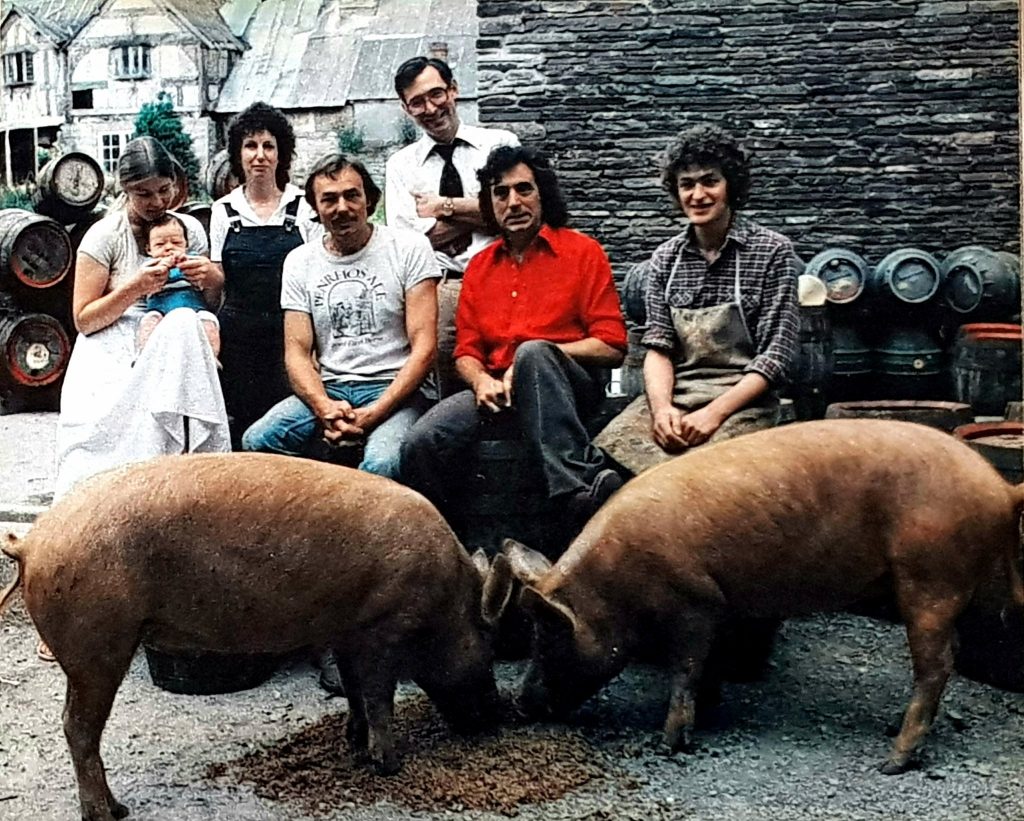

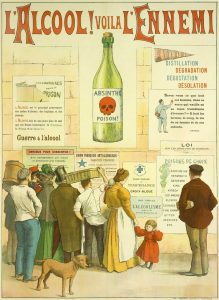 It was supposed to be fun. All fun. But now there is the reckoning. Not just in the sense of #Dryuary but #Skint-uary. #I-spent-all-I-had-uary. No wonder folk feel a pinch and stop splurging. Remember, though… pubs can be for
It was supposed to be fun. All fun. But now there is the reckoning. Not just in the sense of #Dryuary but #Skint-uary. #I-spent-all-I-had-uary. No wonder folk feel a pinch and stop splurging. Remember, though… pubs can be for 
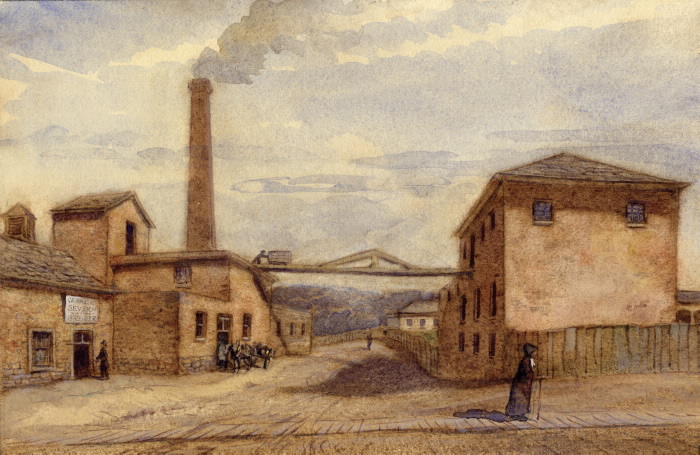

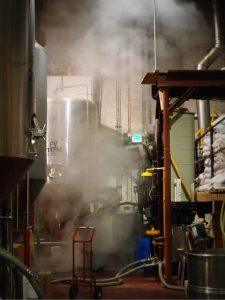 Yuletide. Its been busy so far this month but after one last late evening meeting for work tonight I think I might be sliding into Yule proper. As I mentioned a few weeks ago, the days of the Christmas Yuletide Hogmanay Kwanzaa and Hanukkah Beery photo contest may be well past us but the archives go on and on. To the left is
Yuletide. Its been busy so far this month but after one last late evening meeting for work tonight I think I might be sliding into Yule proper. As I mentioned a few weeks ago, the days of the Christmas Yuletide Hogmanay Kwanzaa and Hanukkah Beery photo contest may be well past us but the archives go on and on. To the left is 


